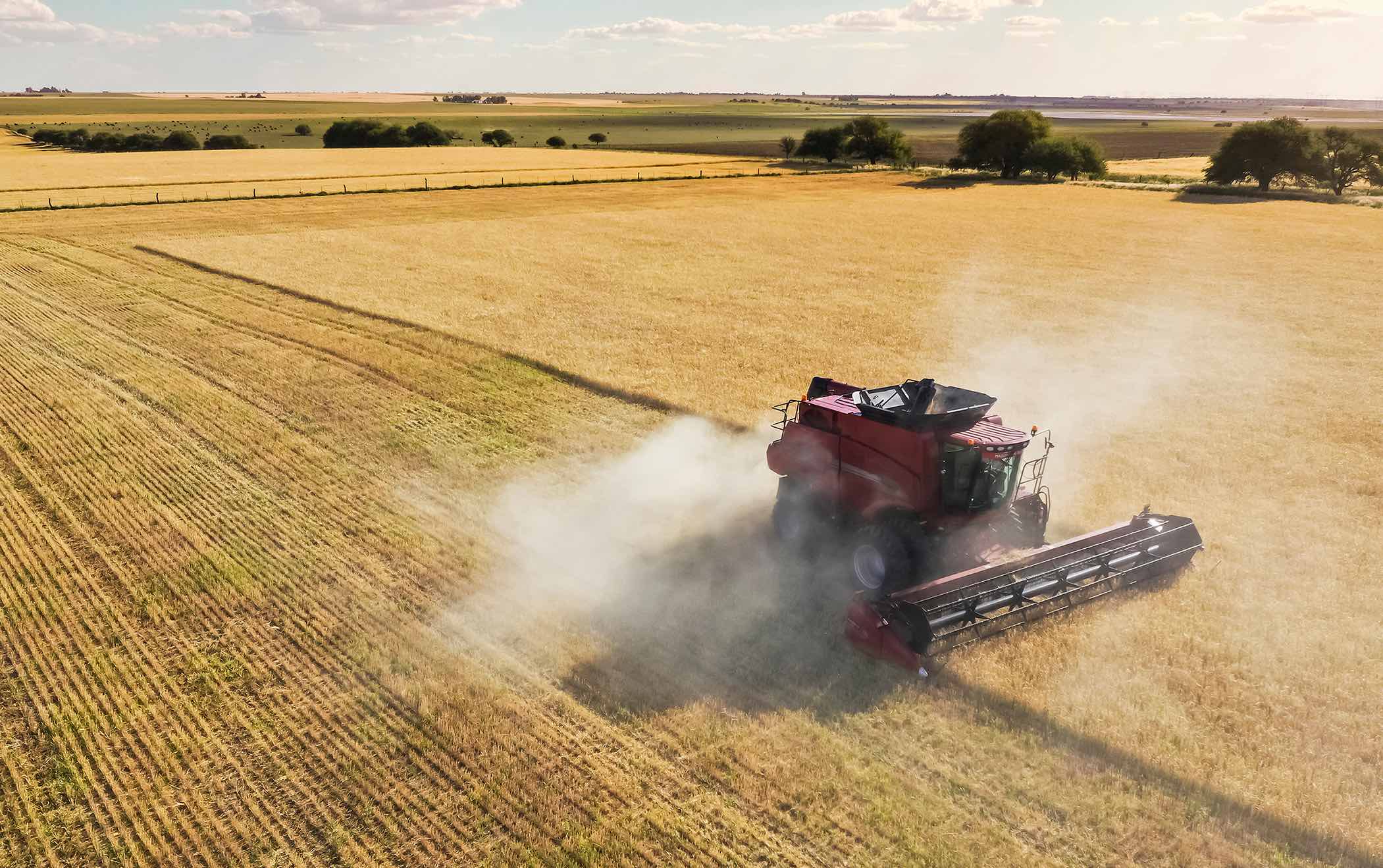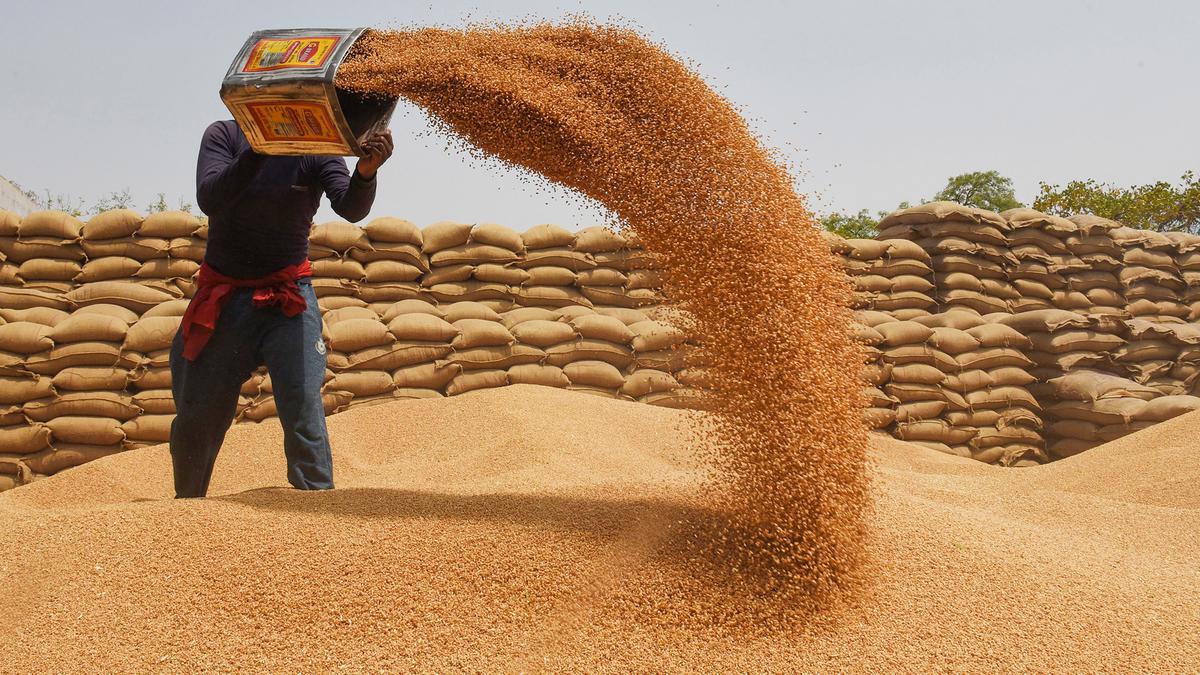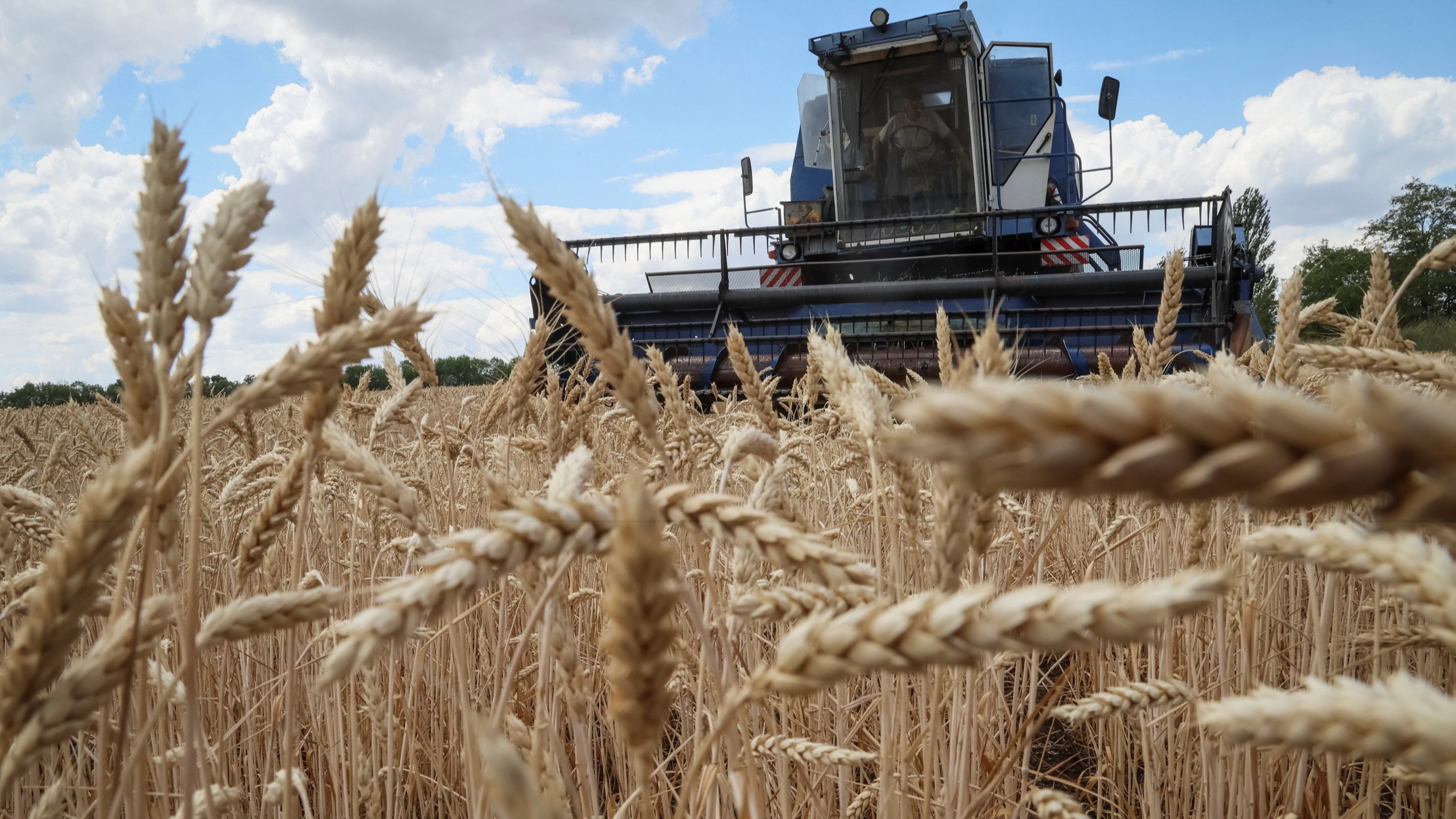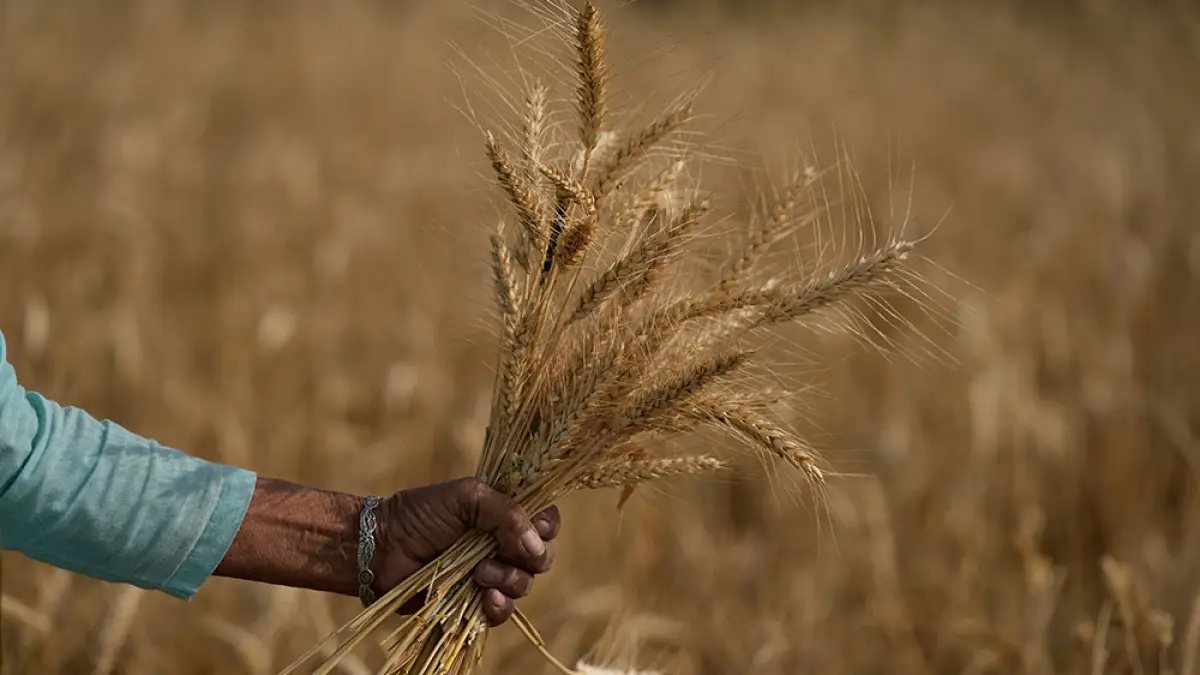Steps to Ease Domestic Supplies of Wheat in 2023

Steps to Ease Domestic Supplies of Wheat in 2023
The government is exploring actions to alleviate domestic shortages, including lowering import taxes and stricter stock-holding restrictions for wheat dealers.
The Indian government intends to address the rising prices by selling surplus wheat grains held by the Food Corporation of India (FCI) using the open market sale scheme (OMSS).
/cloudfront-us-east-2.images.arcpublishing.com/reuters/ANFYODSPTZKLZIJJN2BNVRRRJM.jpg)
A representative of the food ministry told that “multiple steps are being considered, and we are closely monitoring the wheat prices.” Although there hasn’t been a significant increase in wheat prices, the official said, import duty reductions may be announced in light of lower worldwide prices compared to last year to guarantee prices stay constant over the next holiday season.
Major private food corporations, according to sources, will write to the government soon to request a reduction in the import tax on wheat. As local prices have decreased, India increased the levy from 30% to 40% in April 2019 to deter imports of less expensive wheat.
The government restricted wheat stockpiles until March 31, 2024, in June of this year, continuing a 2008 decision. According to the announcement, the restrictions for traders or wholesalers have been set at 3,000 tonnes apiece, retailers can maintain 10 tonnes of grain at each retail location, and large retailers can keep 10 tonnes per location and 3,000 tonnes across all of their depots.
An official stated, “We are thinking about lowering the volume of stock limitations for merchants and retailers so that more grain reaches the market. Data from the Department of consumer affairs show that on Wednesday, the average retail price of wheat dropped by 7% to Rs 26 per kg from the levels in effect in January.

FCI has been selling wheat to bulk customers through weekly e-auctions run under the OMSS since June 28 for 0.6 million tonnes (MT). Previously, the company had been wheat of sale on the market during the “lean” period of January to March.
However, from Rs 2,153 per quintal on June 28 to Rs 2,182 per quintal on August 2, the price realized through OMSS has grown.
Officials stated that unless the inflationary trend in grain prices is stopped, the government will continue to sell surplus wheat from the FCI through weekly e-auctions in the open market.28.32 MT of wheat were in FCI’s storage at the beginning of the month, whereas the government requires 12.2 MT to implement the National Food Security Act through March 2024. The buffer norm for wheat on July 1 is 20.52 MT.
According to a recent statement by Ashwini Kumar Choubey, the Minister of State for Consumer Affairs, Food, and Public Distribution, the retail prices for rice, wheat, and atta have gone up by 10.5%, 5.2%, and 8.5%, respectively, across India over the past year.
The agricultural ministry reports that wheat production climbed by 5% to a record 112 million tonnes (MT) in the year 2022–23 (July–June) compared to the previous crop year. The dealers’ projections place this year’s wheat production at about 103 MT.
Wheat is one of the most vital grains, serving as a staple food for most of the world’s population. In 2023, various factors have necessitated implementing strategic measures to ease domestic wheat supplies. This article will outline the main challenges and steps to alleviate these issues.

Extreme weather conditions have made it difficult for farmers to predict and manage growing seasons, leading to fluctuations in yield. Both of these conditions have been detrimental to wheat production in various regions.
Trade restrictions and tariffs have made international trade more complex, leading to local shortages or surpluses.
Rising temperatures and changing weather patterns have contributed to the proliferation of pests and diseases affecting wheat crops. Increased costs for fertilizers, fuel, and other inputs have put pressure on producers.
CSA practices focusing on resilience and sustainability can help farmers adapt to the changing climate. Developing and promoting wheat varieties resistant to diseases, pests, and extreme weather conditions can boost yields.
Proper storage can reduce post-harvest losses and stabilize supply. Efficient transport systems can ensure wheat gets to where it is most needed without unnecessary delays or costs.

Encouraging free trade through bilateral and multilateral agreements can ease the flow of wheat between countries. Strategic export controls can help maintain domestic supplies without adversely affecting international trade relations.
Continued investment in research will provide solutions to ongoing challenges in wheat production. Embracing modern technology, such as precision farming, can increase efficiency and yields.
Providing farmers with the knowledge and skills needed to adapt to changing conditions is crucial. Government support can make essential resources more accessible to farmers.

The challenges facing wheat supplies in 2023 are complex and multifaceted. Combining improved agricultural practices, infrastructure investment, enlightened trade policies, increased research, and active engagement with farmers and other stakeholders can ease domestic supplies.
Collaboration across various sectors of society, including governments, academia, industry, and farming communities, will be essential to ensure a stable and sustainable wheat supply for the future.

This approach aligns with broader goals of food security, economic stability, and sustainable development, reflecting wheat’s critical role in our daily lives.




